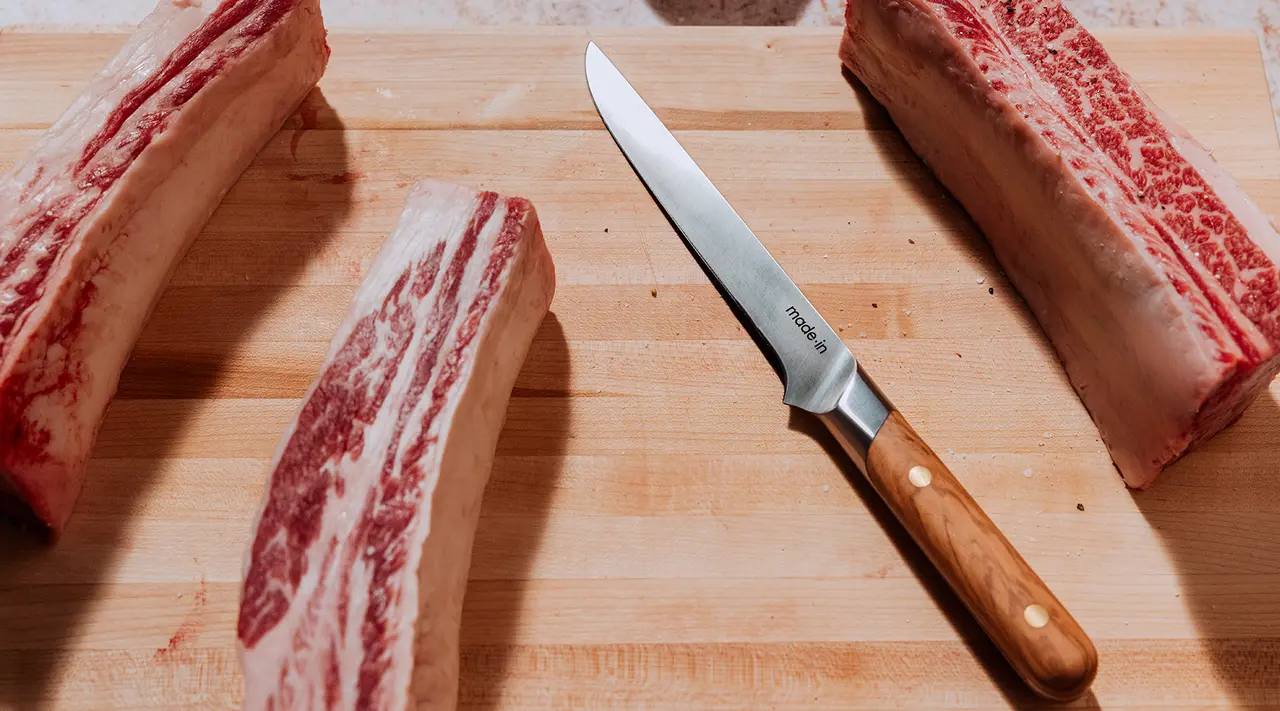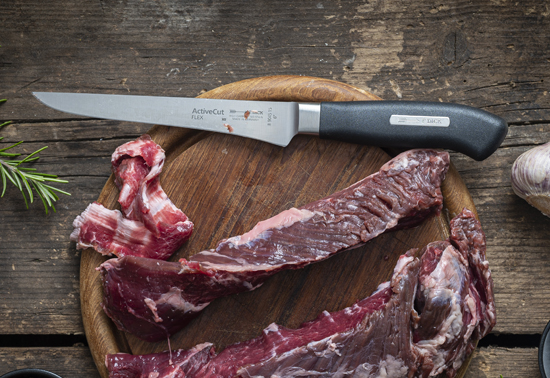When it comes to kitchen tools, knowing how to care for them is crucial. This includes understanding whether certain items, like boning knives, are safe to be cleaned in a dishwasher. In this article, we will explore the factors that affect the safety of cleaning boning knives in a dishwasher and provide guidance on how to maintain them effectively.

Understanding Boning Knives
Boning knives are specialized tools used primarily for removing bones from meat, poultry, and fish. They are characterized by their narrow, flexible blades, which allow for precise cuts and easy maneuverability around bones. Because of their design, they are indispensable in any kitchen that handles meat regularly.
Materials and Construction
Typically made from high-carbon stainless steel, boning knives are designed to maintain sharpness and resist corrosion. However, the construction of the handle and the quality of the steel can vary, affecting the knife’s durability and how it should be cared for.
High-Carbon Stainless Steel
This material is popular for boning knives due to its excellent edge retention and resistance to rust. However, even high-quality steel can be affected by the high temperatures and harsh detergents used in dishwashers.
Handle Materials
Handles can be made from wood, plastic, or composite materials. Each has its own pros and cons in terms of durability and dishwasher safety. For instance, wood handles may crack or warp due to the moisture and heat in dishwashers.
Risks of Dishwashing Boning Knives
Now that we understand the construction of boning knives, let’s delve into why placing them in a dishwasher might not be the best idea.
High Temperatures
Dishwashers operate at high temperatures to effectively clean and sanitize dishes. However, these temperatures can dull the blade of a boning knife and compromise its cutting edge.
Harsh Detergents
The detergents used in dishwashers are more abrasive than hand-washing solutions. They can strip away protective coatings on the knife and increase the risk of corrosion.
Physical Damage
In a dishwasher, knives can knock against other items, leading to chips or nicks in the blade. This physical damage can significantly shorten the lifespan of your knife.
Proper Care and Maintenance
To ensure your boning knife remains in optimal condition, proper care and maintenance are essential. Here are some tips:
Hand Washing
Always hand wash your boning knife with mild soap and warm water. This gentle cleaning method helps maintain the sharpness and integrity of the blade.
Drying Immediately
After washing, dry the knife immediately with a soft cloth to prevent any potential rusting or spotting.
Regular Sharpening
Keep your knife sharp by honing it regularly. A sharp knife is not only more efficient but also safer to use.
Alternatives to Dishwashing
For those who prefer not to hand wash, consider using an alternative method to clean your boning knife safely.
Using a Knife Cleaner
Knife cleaners are designed to clean knives effectively without causing damage. They often feature gentle brushes and cleaning solutions tailored for delicate blades.
Professional Cleaning Services
Some professionals offer cleaning and sharpening services for kitchen knives. These services can extend the life of your boning knife.
Conclusion
While it may be tempting to toss your boning knife in the dishwasher for convenience, doing so can lead to damage and reduced longevity. Proper hand washing, immediate drying, and regular maintenance are key to preserving the quality of your knife.
For more insights on using boning knives, check out this in-depth guide.

FAQ
Can I put my boning knife in the dishwasher occasionally?
While occasional dishwashing may not ruin your knife, frequent exposure to dishwasher conditions can dull and damage it over time.
What is the best way to store boning knives?
Store them in a knife block or on a magnetic strip to prevent damage and keep them easily accessible.
How often should I sharpen my boning knife?
It depends on usage, but generally, every few months is recommended to maintain a sharp edge.
This article contains affiliate links. We may earn a commission at no extra cost to you.


